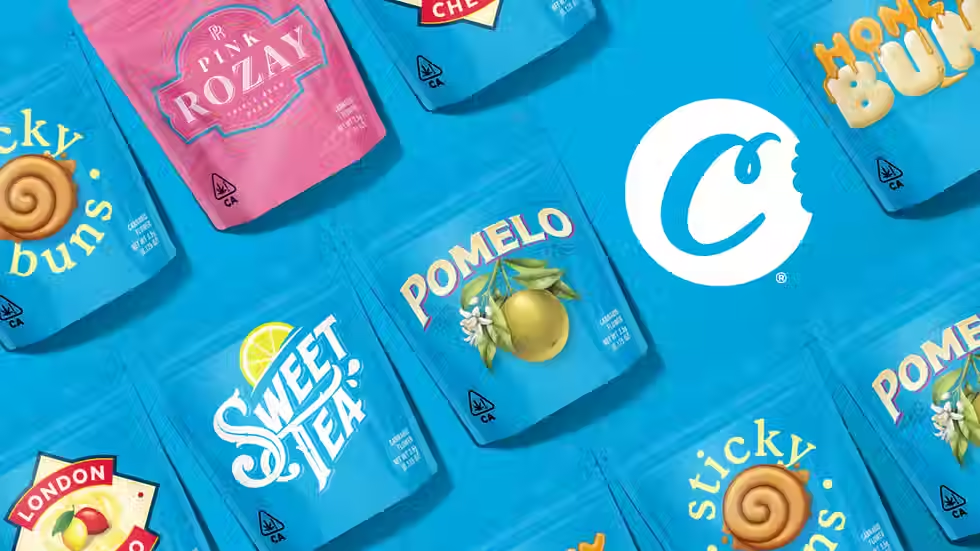The Alternative Cannabinoid Boom: HHC, Delta 8, and Beyond
- community0958
- Jan 22
- 3 min read
The cannabis world isn't just about regular THC anymore. A whole new market of hemp-derived cannabinoids has exploded onto the scene, offering legal alternatives that promise similar highs through different compounds. Let's dive into what's really going on with these new substances.
What Are These New Cannabinoids?
It all starts with hemp. Since hemp became legal, clever chemists realised they could extract and modify compounds to create cannabinoids that aren't banned. The result? A booming market of alternative cannabinoids
The Major Players
Delta 8

Think of it as THC's chiller cousin. It's got about half the potency of regular THC (Delta 9) but causes less anxiety and paranoia. The high is clearer, more focused, and less likely to have you questioning your life choices at 3 AM.
HHC (Hexahydrocannabinol)

The new kid on the block that's making waves. HHC occurs naturally in trace amounts. Users report a high similar to regular THC but often more energetic and clear-headed. It's gaining popularity because it is said to have less side effects than traditional THC and it might not show up on standard drug tests.
THC-O

This one's wild - reportedly 3x stronger than regular THC. It's synthetic and takes longer to kick in, but when it does... buckle up. Some users describe it as almost psychedelic. Definitely not one for beginners.
Delta 10

Another THC variant, but this one's known for being more energising. Think sativa effects - creativity, energy, and focus. It's less potent than Delta 8, making it popular for daytime use.
The Legal Grey Area
Here's where it gets interesting. These compounds exist in a legal grey area because they're technically derived from hemp (which is legal) rather than marijuana.
Are They Safe?
The million-dollar question. While these compounds are similar to traditional THC, there's way less research on them. The bigger concern is quality control, this market is largely unregulated, meaning you don't always know what you're getting, which is why it is so important you shop from well reviewed brands that have published lab reports.
Some concerns to consider:
Production methods aren't standardised
Limited long-term safety data
Varying quality control between manufacturers
Unknown interactions with medications
The Experience
Each compound offers a slightly different experience:
Delta 8
Milder high than traditional THC
Less anxiety and paranoia
Good for beginners
More body-focused effects
HHC
Similar strength to Delta 9
Clearer head high
More energetic effects
Potentially less anxiety
THC-O
Much stronger effects
Borderline psychedelic
Longer onset time
Not for novice users
Quality Matters
If you're going to try these alternatives, do your homework. Look for:
Third-party lab testing results
Established brands with reviews
Clear ingredient listings
Transparent manufacturing processes
The Future of Alternative Cannabinoids
This market isn't going anywhere. As research continues, we'll likely see:
New compounds being discovered
Better understanding of effects
More regulation
Improved production methods
Should You Try Them?
If you do:
Start with lower doses
Buy from reputable sources
Research the specific compound
Be aware of your local laws
What's Next?
The alternative cannabinoid market is still evolving. New compounds are being discovered and synthesised regularly. We're likely to see more options emerge, but also more scrutiny and regulation.
The Bottom Line
These new cannabinoids offer interesting alternatives to traditional THC, especially for people in places where marijuana remains illegal. However, they come with their own risks and uncertainties. If you're curious, approach with caution and do your research.






Comments